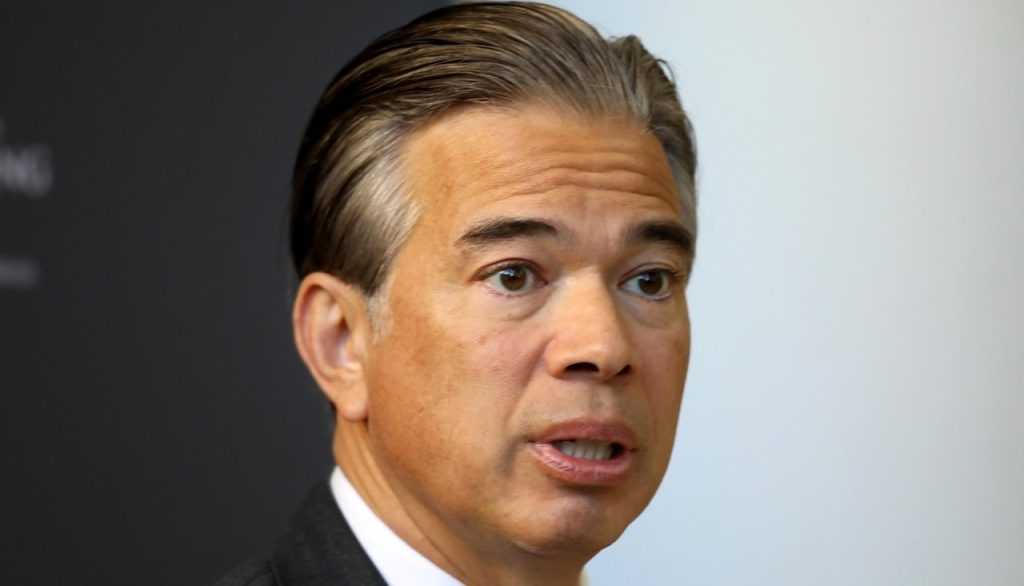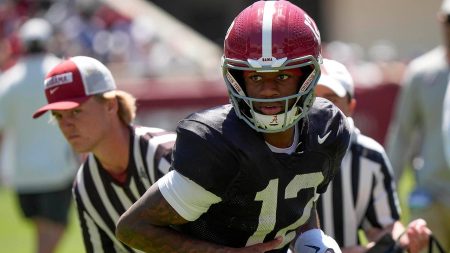This legal battle centers around the rights of transgender athletes to participate in girls’ sports in California and the perceived conflict with Title IX protections for female athletes. Two families, the Starlings and the Slavins, along with the organization Save Girls Sports, have filed a lawsuit against California Attorney General Rob Bonta, State Superintendent of Public Instruction Tony Thurmond, the Riverside Unified School District, and several school administrators. Their contention is that California’s Assembly Bill 1266 (AB 1266), which allows transgender students to compete in sports consistent with their gender identity, violates Title IX by creating an unfair competitive environment for cisgender female athletes. The plaintiffs argue that biological differences between males and females give transgender girls an inherent advantage, thus jeopardizing the fairness and safety of girls’ sports.
The core of the lawsuit revolves around the allegation that Taylor Starling, a cisgender female athlete, lost her position on the varsity cross-country team to a transgender athlete. The families also allege that their daughters, Taylor Starling and Kaitlyn Slavin, faced disciplinary action from school administrators for wearing shirts in protest that read “Save Girls Sports.” The administrators allegedly compared the shirts to swastikas, raising concerns about potential First Amendment violations. The plaintiffs are seeking a federal ruling declaring AB 1266 in violation of Title IX and holding the school district accountable for alleged First Amendment infringements. They are demanding injunctive relief to prevent transgender girls from competing in girls’ sports and are seeking compensation for damages allegedly caused by these policies.
The families involved argue that the current situation has created a hostile environment for cisgender female athletes, forcing them to compete against individuals with inherent physical advantages. Ryan Starling, Taylor’s father, claims that school administrators have repeatedly told his daughters and other girls on the team that “transgenders have more rights than cisgenders.” This alleged statement underscores the plaintiffs’ concern that the school district prioritizes the rights of transgender students over the rights of cisgender female athletes. They believe this approach not only disregards Title IX protections but also creates an atmosphere of inequity and discrimination.
The Riverside Unified School District (RUSD), while declining to comment directly on the Starlings’ specific claims, maintains that its actions are in compliance with California state law and CIF regulations. The district emphasizes its commitment to non-discrimination based on gender identity and expression, particularly in athletics and physical education. RUSD asserts that its policies reflect both legal obligations and its core values of equity and student well-being. This response highlights the clash between state law protecting transgender rights and the plaintiffs’ argument that these very laws infringe upon the rights of cisgender female athletes.
The broader context of this lawsuit involves the ongoing national debate surrounding the participation of transgender athletes in sports. Approximately 25 states have enacted laws restricting or prohibiting transgender athletes from competing in girls’ sports. This legal challenge in California represents a significant battleground in this debate. The outcome of this case could have substantial implications for transgender athletes’ rights and the future of sex-segregated sports nationwide. The plaintiffs are pushing for statewide change in California, seeking a legal precedent that could influence policy in other states.
This case highlights the complex and contentious intersection of transgender rights, gender equality in sports, and legal interpretations of Title IX. The plaintiffs argue that Title IX, intended to protect female athletes, is being undermined by policies allowing transgender girls to compete in girls’ sports. They believe this creates an uneven playing field and deprives cisgender female athletes of opportunities. On the other hand, the defendants and supporters of AB 1266 emphasize the importance of inclusivity and the right of transgender students to participate fully in school activities, including sports, consistent with their gender identity. This legal challenge brings to the forefront fundamental questions about fairness, inclusion, and the evolving understanding of gender in the context of competitive sports. The court’s decision will undoubtedly have a significant impact on the future landscape of this issue in California and potentially across the nation.










